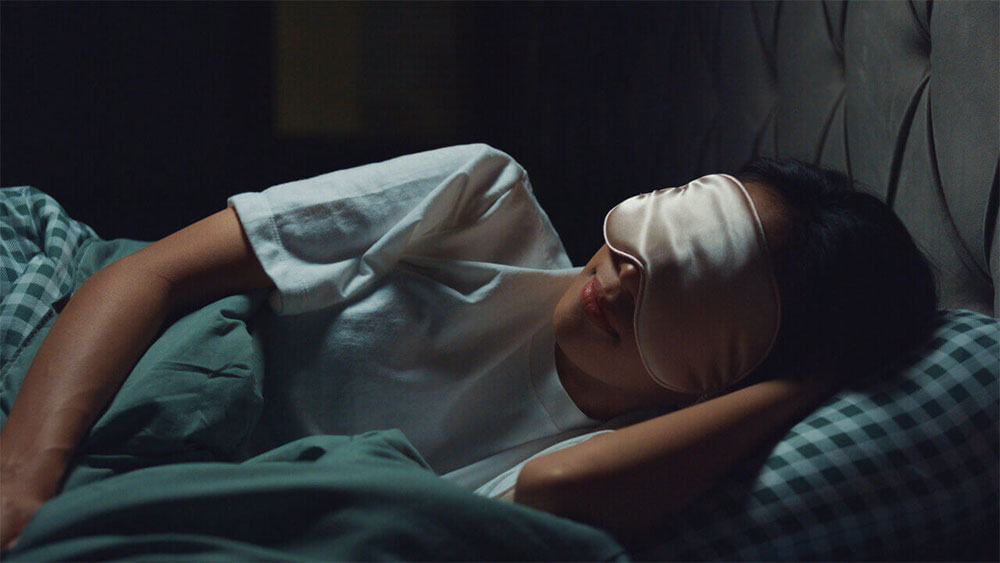Sleep plays an important role in a person’s life, restoring physical and mental health. Few people think about the connection between night rest and eye health. The organs of vision are a complex and important system in the body that needs regular breaks.
Night rest consists of slow and rapid sleep stages. The rapid eye movement stage is important for visual health. At this stage, the muscles are actively working and visual functions are restored.
Lack of rest or disruption of stages leads to various vision problems. During sleep, muscles contract, which helps to take a break from the constant stress while awake. Without this, the eyes seem tired and irritated.
Sleep and poor health
Some serious eye diseases are associated with impaired rest. For example, people with diabetes experience sleep problems as a result of unstable blood sugar levels. This leads to the development of retinopathy, a retinal disease that causes blindness. To prevent eye problems, it is recommended to do laser vision correction, which involves changing the shape of the cornea. The procedure is painless and guarantees improved visual acuity.
Sleep and dry eyes
Dryness is a common vision problem that can be caused by a variety of factors. For example, if you stay in front of a screen for a long time or in a room with dry air, unpleasant sensations arise. During rest, the eyes close, retaining moisture on the surface and preventing dryness.

Rest and visual acuity
The ability to see fine details and clear outlines of objects is measured by visual acuity. It is important for a person’s daily life. This makes it possible to read, drive a car or look at landscapes. Insufficient rest reduces visual acuity and worsens the quality of vision.
How to maintain healthy visual function
To improve visual acuity, it is recommended to follow the recommendations of an ophthalmologist. Pay attention to these tips:
- Eat well—a healthy diet improves eye health.
- Keep a sleep schedule – go to bed and wake up at the same time every day. This way the body will tune in to an optimal recovery mode.
- Provide a comfortable environment for rest – a dark, cool and quiet room improves the quality of sleep.
- Gymnastics – regular exercise reduces stress by increasing blood circulation.
Sleep is a time of rest for both the body and mind, as well as the eyes. Focus on the key aspects of a healthy lifestyle to maintain your visual acuity.



